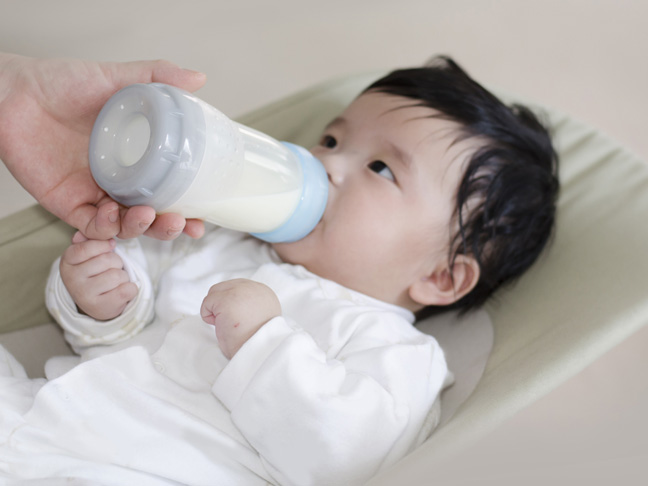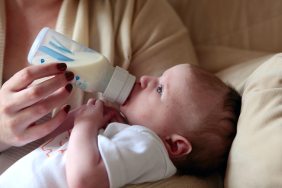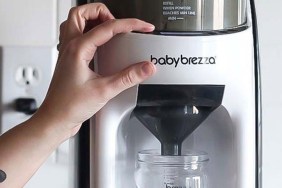The FDA says that the new rule is to help establish “good manufacturing practices” that many companies have already voluntarily adopted. It applies only to formula marketed to parents of healthy infants without medical or dietary problems. While public health officials acknowledge that breast milk is usually best for most babies, they know that many infants get part or all of their nutrition from infant formula.
In the past several years there have been some high-profile recalls of various formula products, a hard hit to the multi-billion-dollar industry that increasingly has tried to expand by selling formulas aimed at older infants and toddlers. In 2010, Abbott Laboratories recalled 5 million containers of its Similac formula because of a possible contamination from insect parts. The following year, Mead Johnson Nutrition Company suffered when stores pulled powdered Enfamil formula off their shelves over a concern about infections; the FDA later said that a recall was unnecessary.
The FDA does not approve infant formulas before they can be sold, but the new ruling means that companies must test their products’ nutrient content and show that their formulas can support normal physical growth. Formula must also be screened for salmonella, which can cause diarrhea and high fever, and check for cronobacter, a bacteria which is known to live in dry conditions like those found in powdered formula, and can cause meningitis.








